The condo inspection law signed by Governor Ron DeSantis after the Surfside tragedy was intended to prevent future disasters by ensuring the safety of aging buildings. However, the strict requirements for inspections and repairs are having unintended consequences, with long-time condo owners and apartment renters now facing eviction. What began as a measure to increase building safety in condos is quickly spreading to the apartment sector, threatening affordable housing across Florida. The lower income areas are getting hit the hardest.
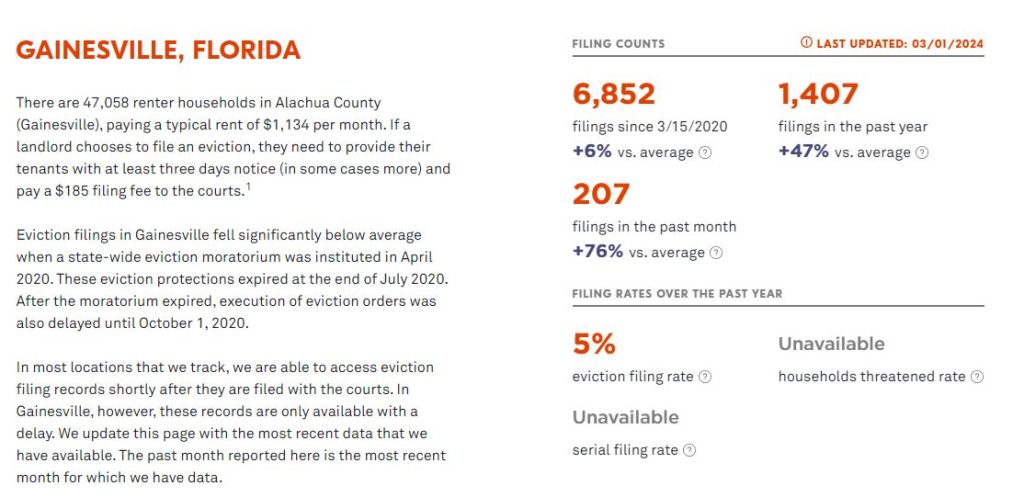
The new legislation mandates that buildings over 30 years old undergo structural inspections, often leading to expensive repair bills. For many condo owners, these costs are unaffordable, forcing them to either pay large special assessments or face eviction. Apartment landlords, especially in valuable coastal areas, are using the law to remove long-time residents, many of whom can’t afford the financial strain. Gainesville has seen the largest surge in evictions at 76% over average in the past month.
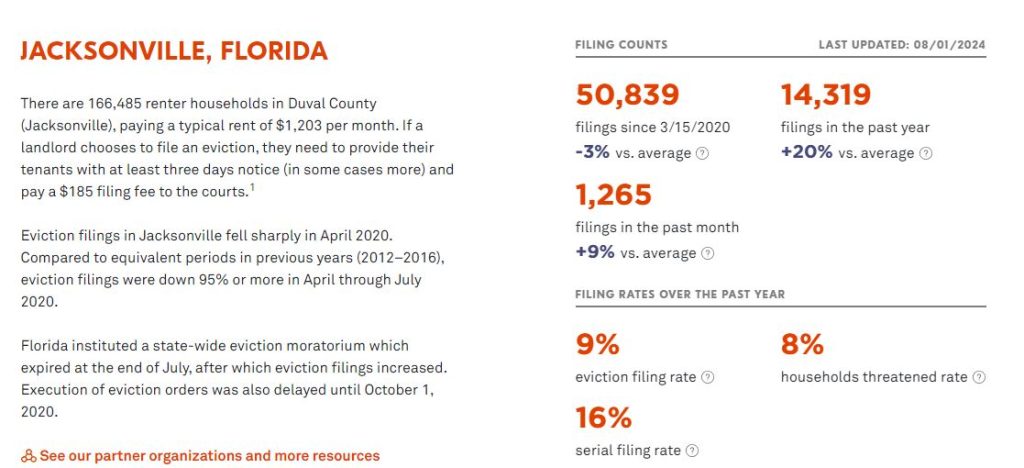
Although the law initially targeted condominiums, its impact is now being felt in apartment buildings. Apartments, many of which are also aging structures, are subject to the same strict safety inspections. As a result, tenants in these buildings are now facing the risk of eviction as landlords struggle to meet the new safety requirements. Jacksonville has seen a 20% surge in evictions in the past year.
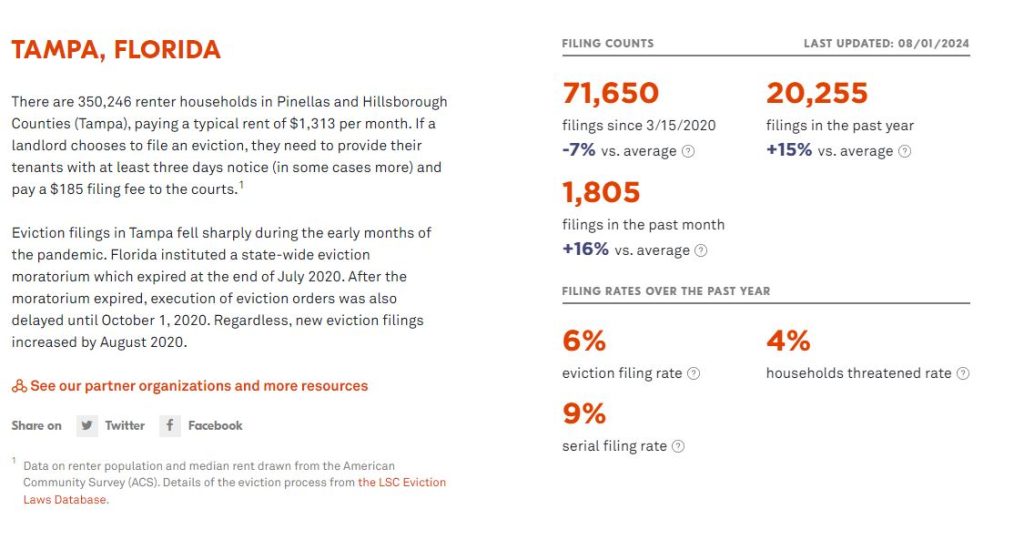
In response to the inspections, some landlords of older apartment buildings are opting to sell their properties to developers instead of paying for costly repairs. In other cases, landlords are passing the repair costs onto tenants, resulting in significant rent increases or lease terminations. For many low- to middle-income renters, this is leading to evictions and displacement. Even affluent Tampa has seen a 15% yearly increase in evictions.
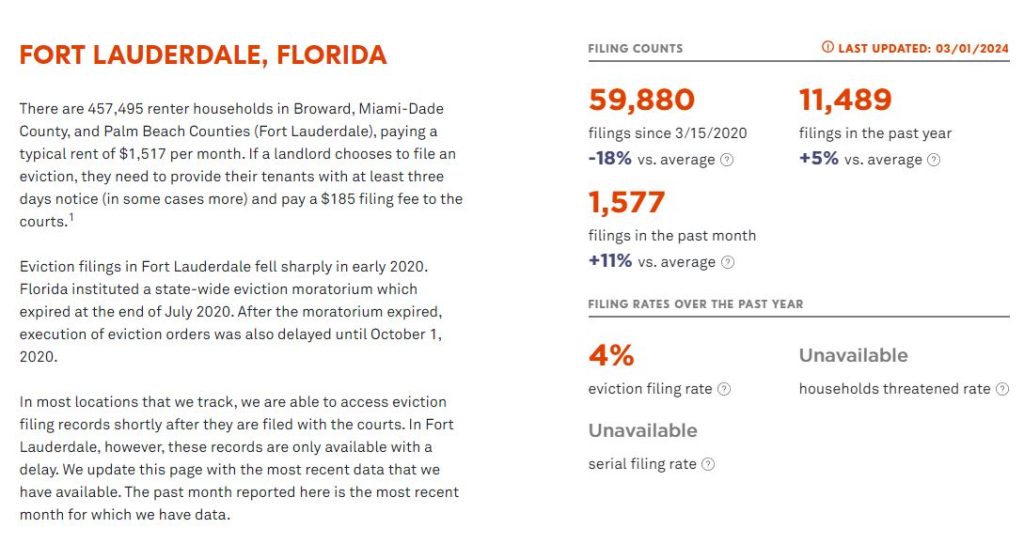
This shift is having a particularly devastating impact on Florida’s affordable housing market. With landlords choosing to sell or redevelop older buildings, affordable rental units are disappearing, contributing to an already dire housing shortage in the state. Renters who cannot afford the rising costs are left with few options, deepening the housing crisis.
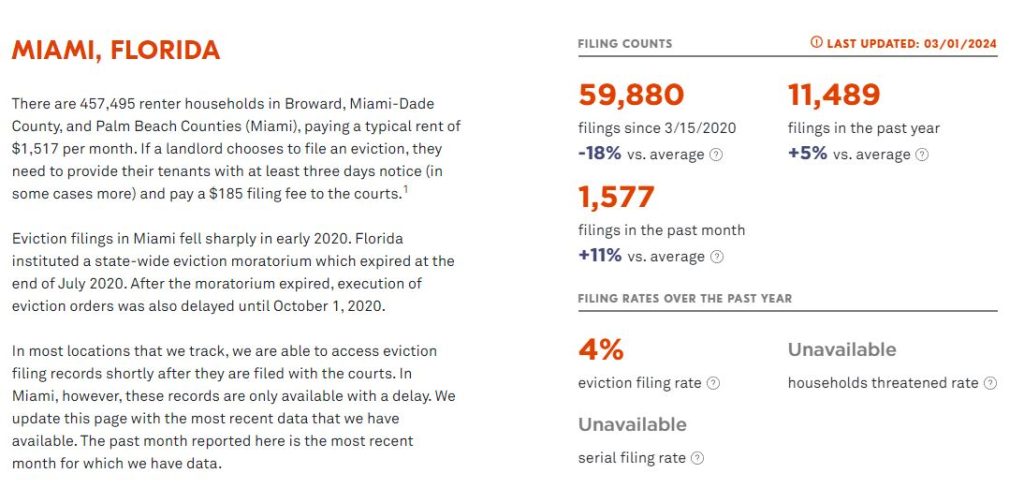
Legal battles are emerging as tenants and condo owners fight to stay in their homes. However, the law provides landlords significant power to evict residents for safety violations, making it difficult for tenants to challenge their displacement. Advocacy groups are stepping in, but the law has created a fast-track process for removing residents from buildings deemed unsafe.
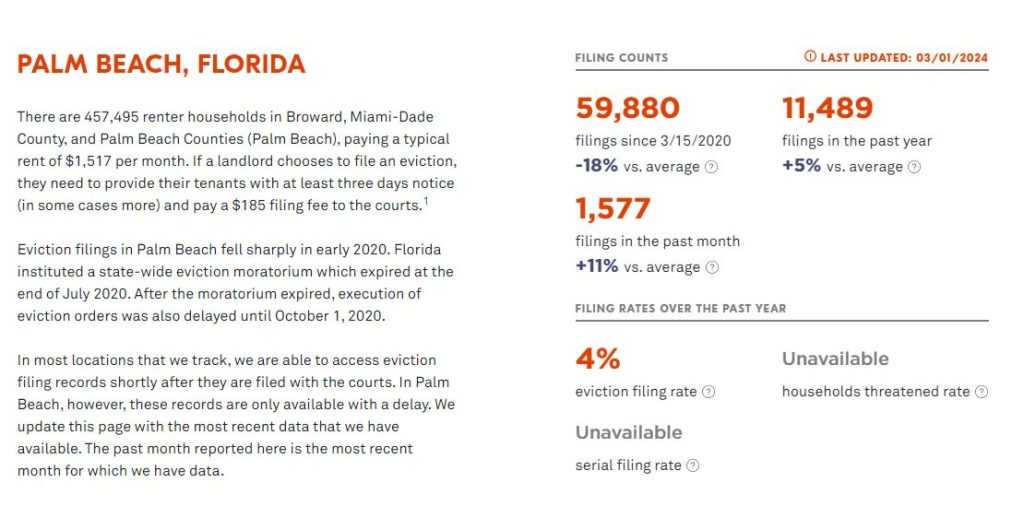
The Gardens on the Bay case in Miami Beach is emblematic of this broader trend. Long-time condo owners are being evicted due to the cost of repairs under the new law, and similar cases are now being seen in apartment buildings. Residents who have lived in their homes for decades are suddenly finding themselves facing eviction notices.
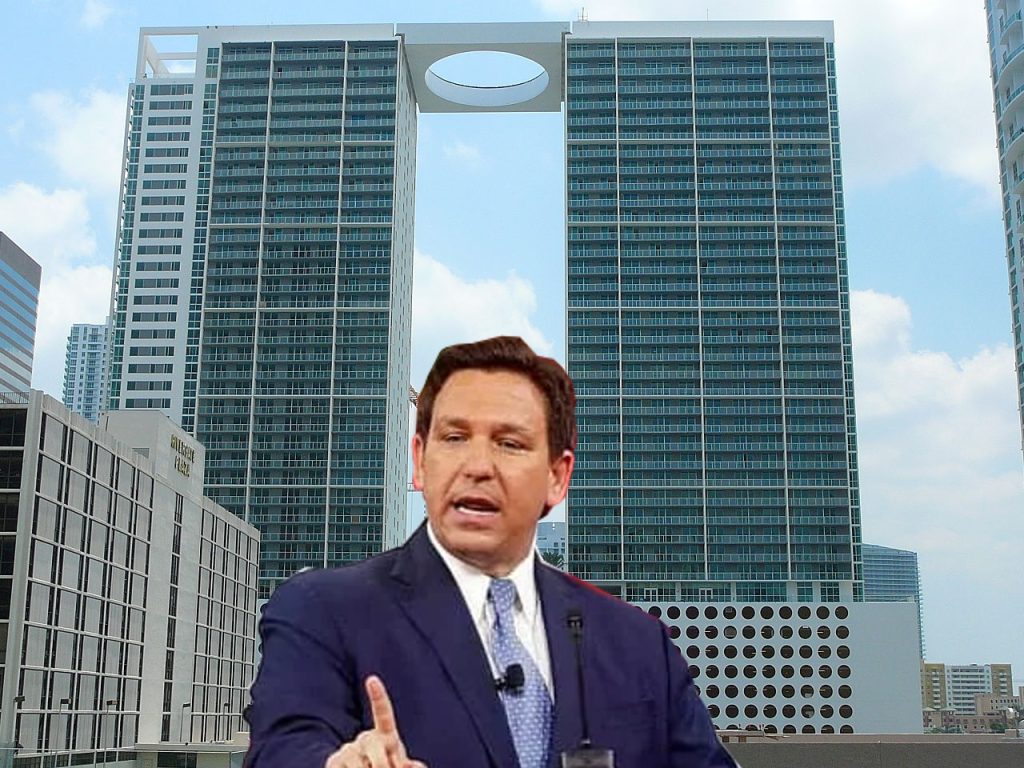
Governor DeSantis maintains that the law is necessary to ensure building safety, but critics argue that it has created a new housing crisis. Evictions are rising, and many families are left without affordable housing alternatives. The law, while well-intentioned, is exacerbating Florida’s existing housing inequality.
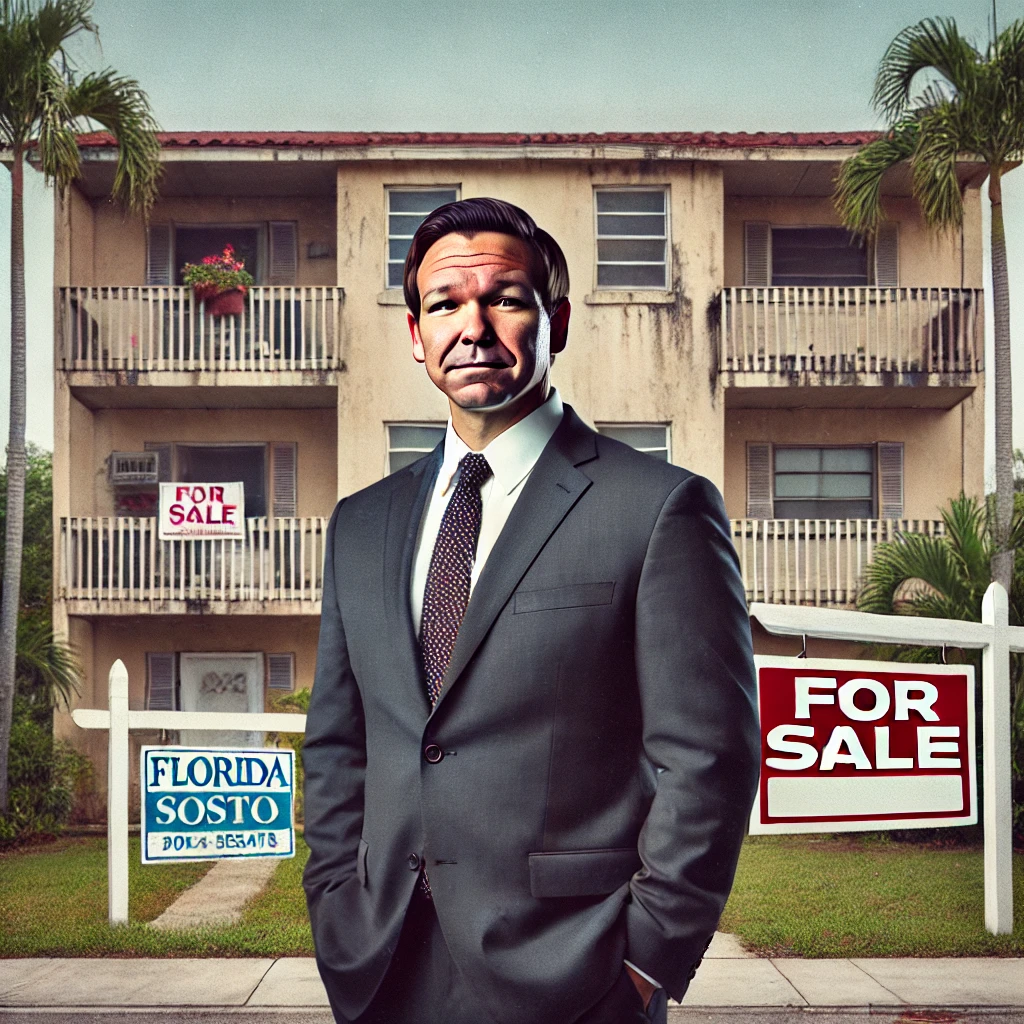
There are growing calls for the state to amend the legislation to protect vulnerable residents. Some advocate for government funding to help cover repair costs, while others are pushing for renter protections against sudden evictions. Without intervention, the housing crisis is likely to worsen as more buildings undergo inspection.
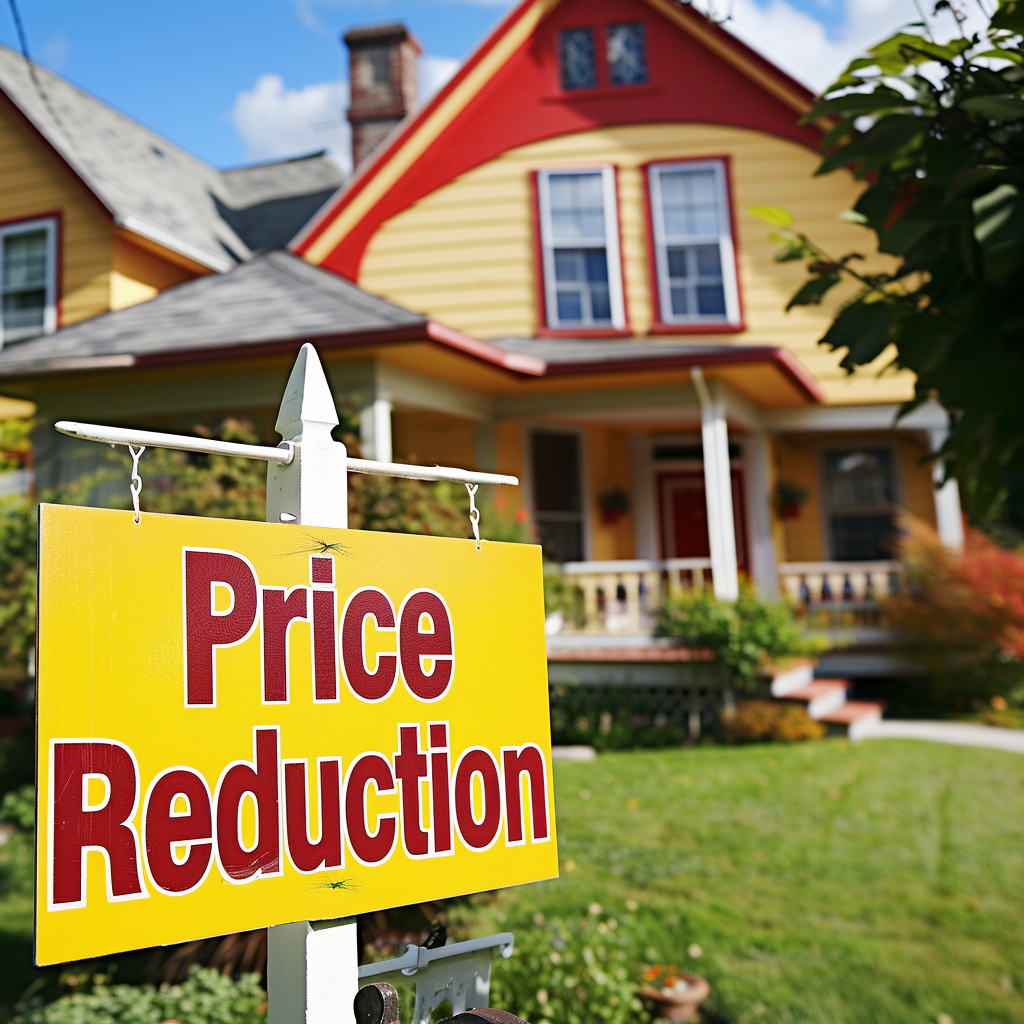
In the meantime, Florida’s housing market is under increasing pressure, with both condo owners and apartment renters facing an uncertain future. As evictions continue, it’s clear that the legislation has triggered a new housing challenge, one that will require significant attention to prevent further displacement and homelessness.





